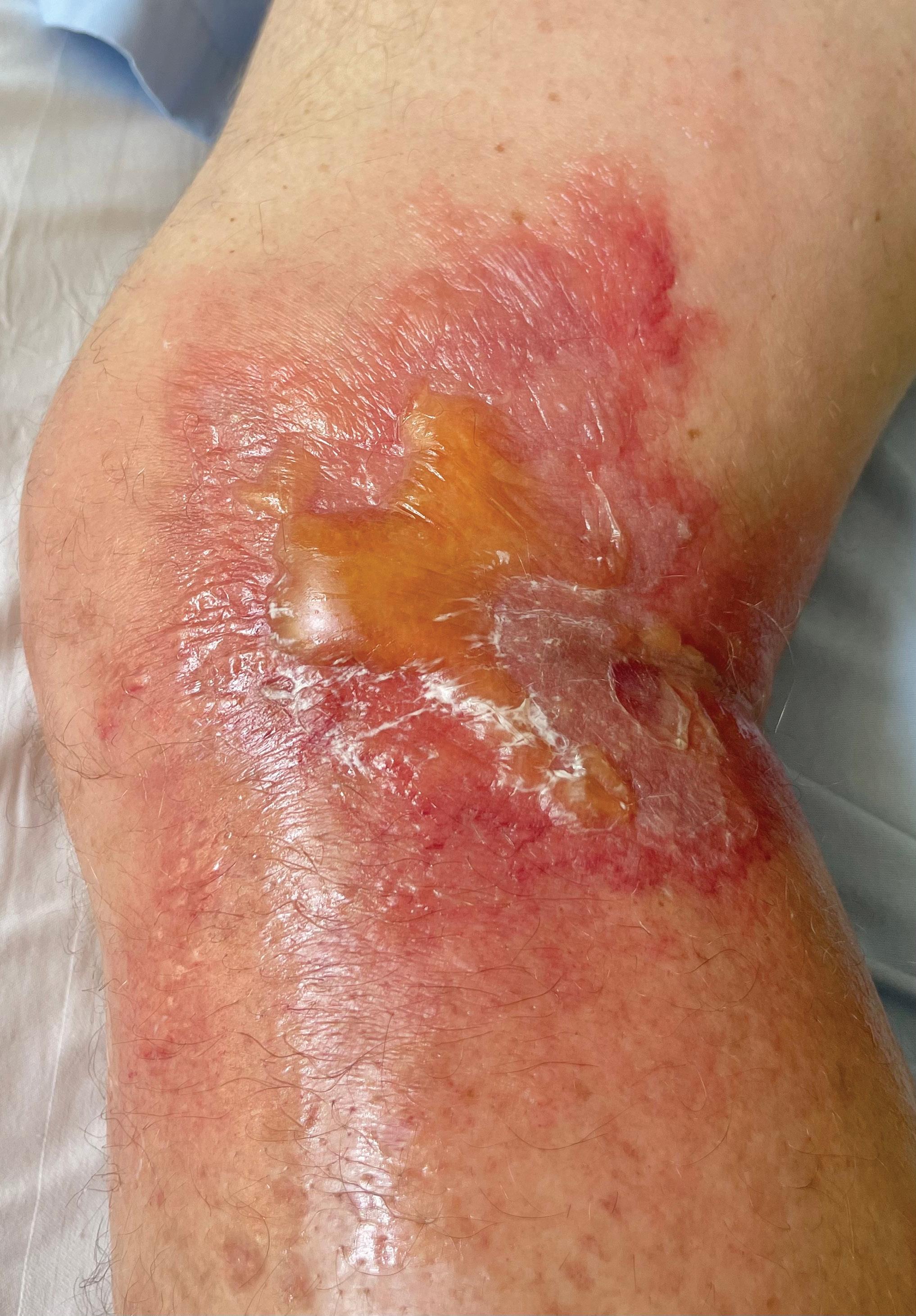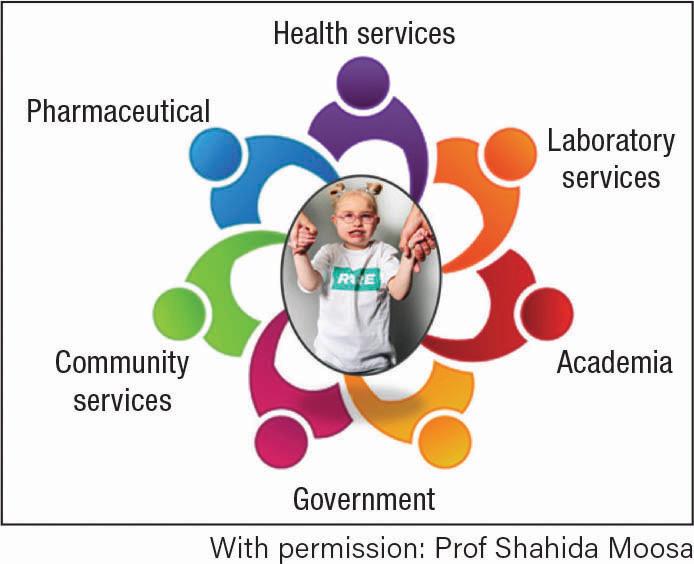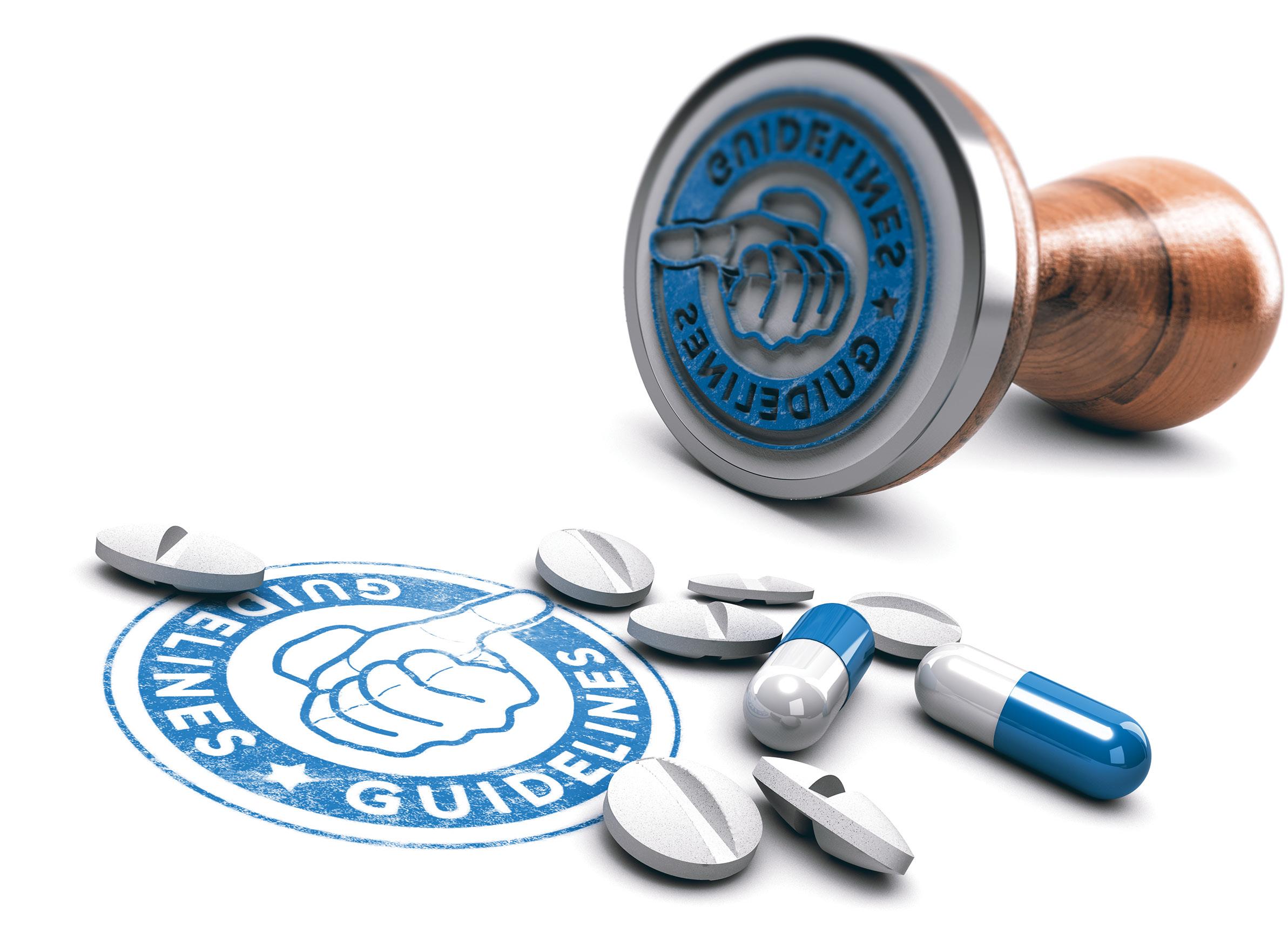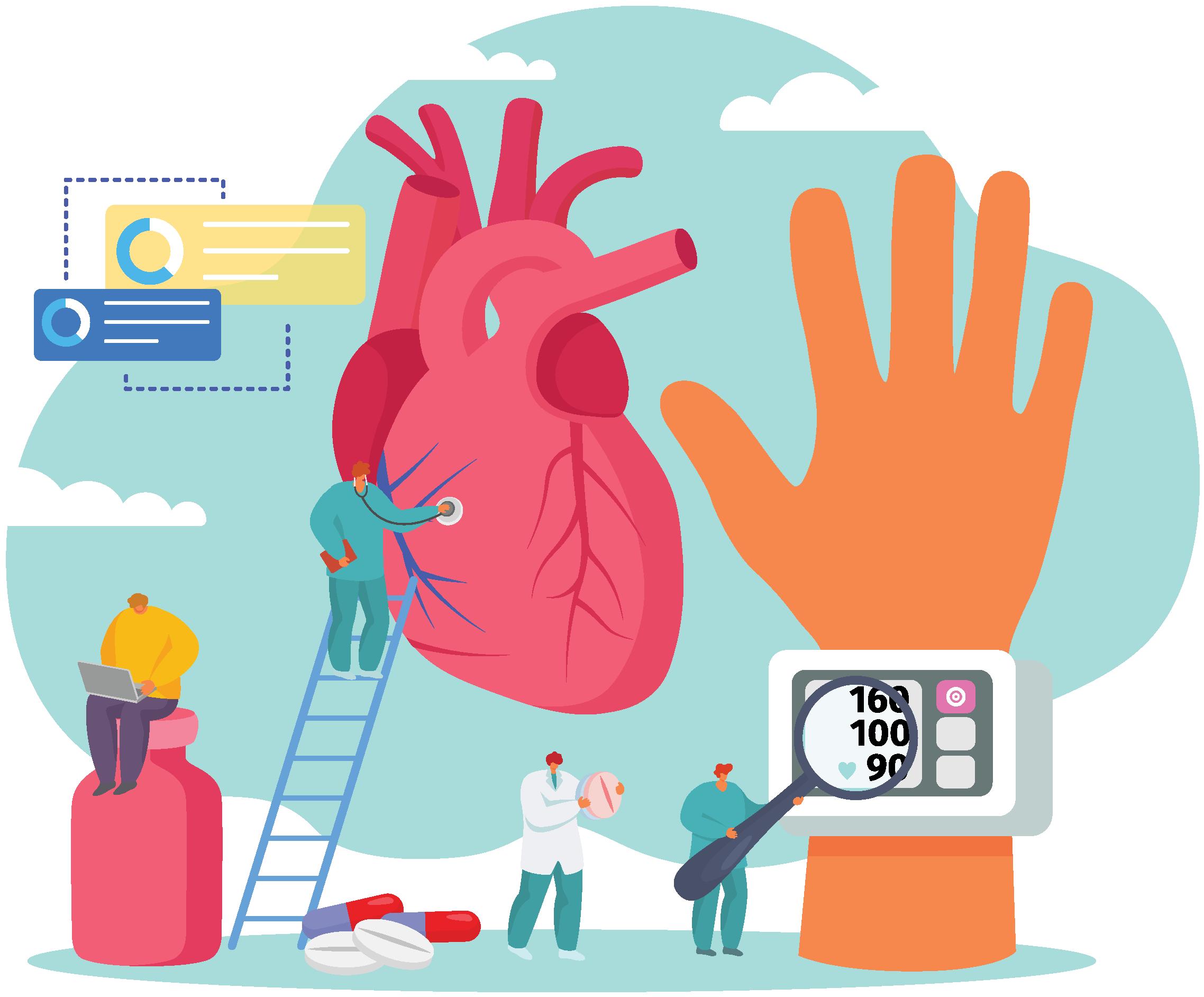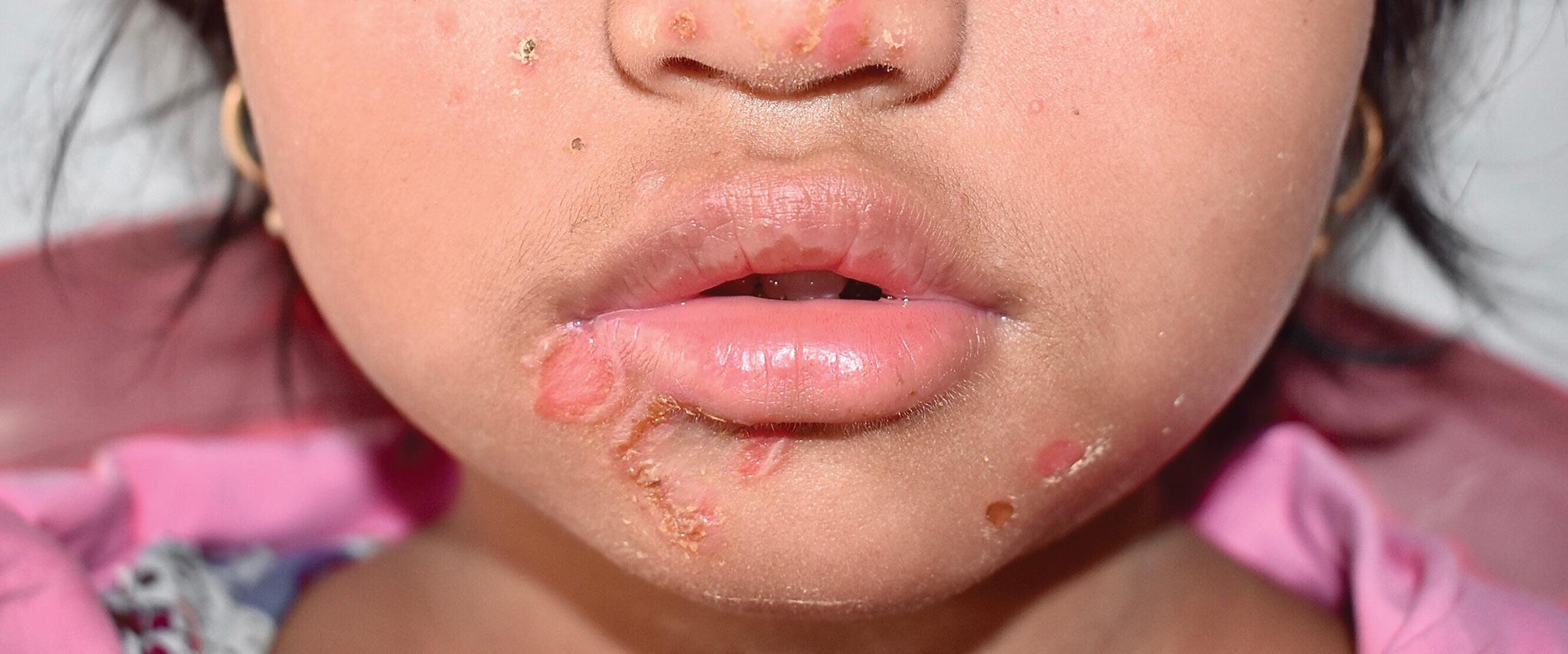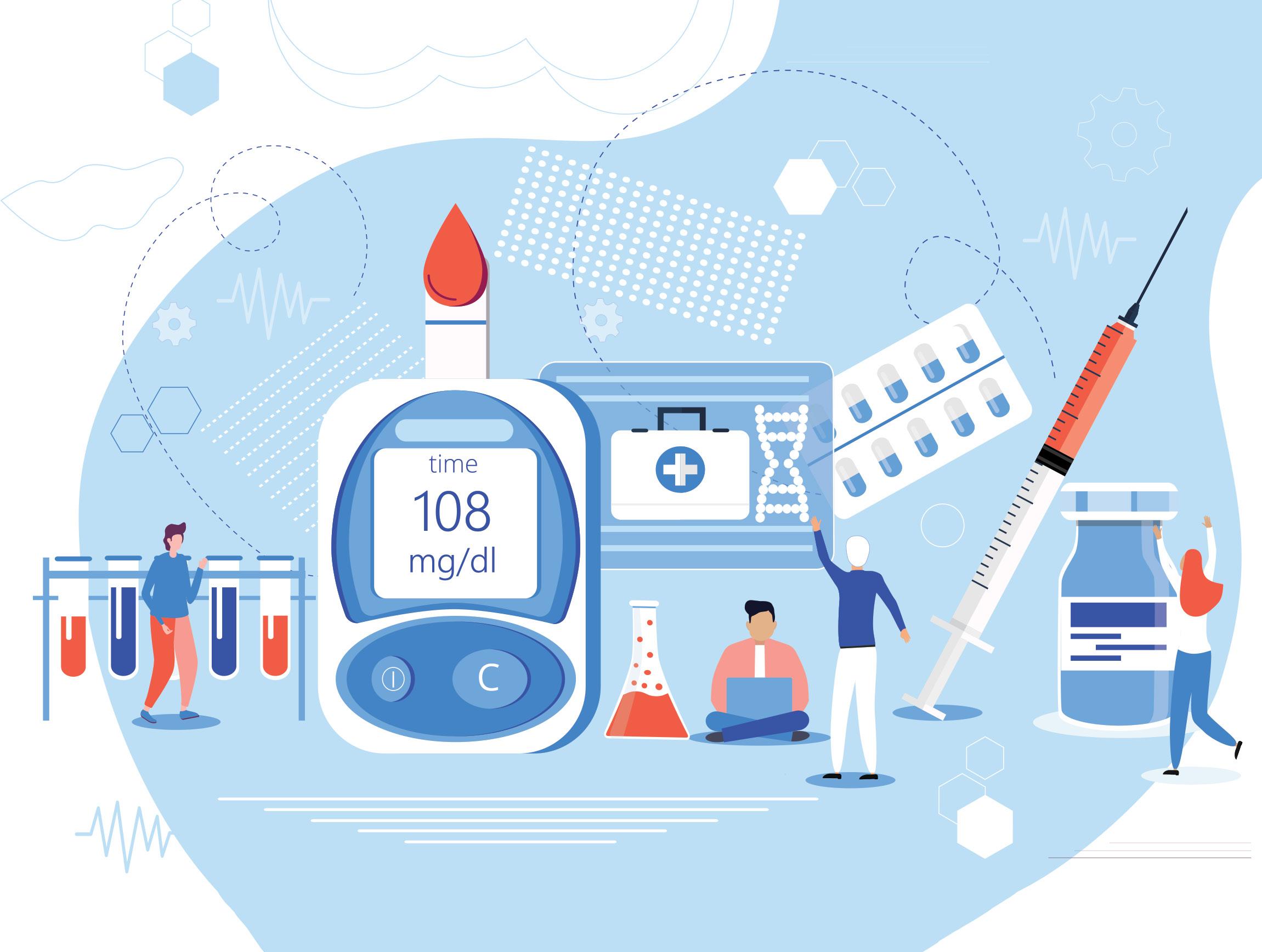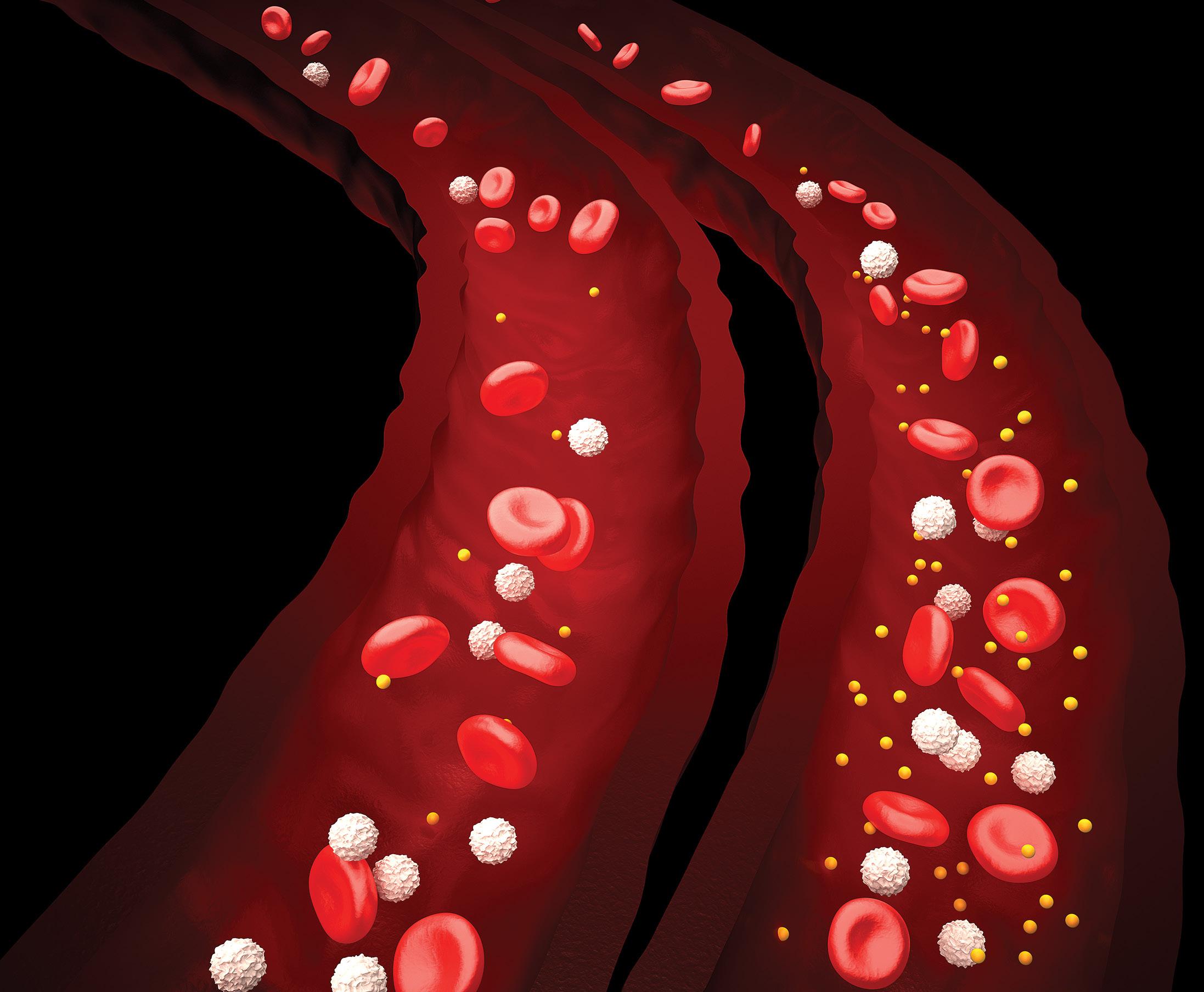SF | RARE DISEASES
September 2021 | Vol. 21 No. 9 www.medicalacademic.co.za
T
This article was independently sourced by Specialist Forum.
Recognising rare diseases: Access and action
he Rare Diseases Access Initiative (RDAI), in association with Rare Diseases South Africa (RDSA), recently brought together an expert panel to discuss the challenges facing those affected by rare diseases in South Africa and to explore possible solutions. A three-hour webinar, attended by more than 100 stakeholders, ended with a call for a coordinated approach to diagnosis and care, and for increased equity in healthcare, for people living with rare diseases. A rare disease is defined as a disease that affects less than one in 2000 people. Approximately 8000 different rare diseases have been described to date, of which 80% have a genetic origin and are therefore considered as congenital disorders. Cumulatively, there are 3.7 million South Africans living with a rare disease, representing a significant 6%-8% of the population. Keynote speakers included Dr Nicholas Crisp, Deputy Director General National Health Insurance, National Department of Health, Dr Natalie Mayet, Deputy Director at the National Institute for Communicable Diseases and Prof Shahida Moosa, Medical Genetics (Stellenbosch University). Rare diseases are complex and often affect multiple body systems, requiring specialised and coordinated care that comes at a considerable cost to families and the health system. The panellists and audience alike agreed that regardless of the healthcare sector, the South African health system is not geared to respond to the particular challenges that are common to many different rare diseases. Equitable access across the continuum of care for those impacted by rare diseases will extend and improve their quality of life and will also be of economic benefit to their families and the health system. Dr Helen Malherbe, Head Researcher, RDSA, emphasised: “There is a cost to not diagnosing and not treating rare disease patients, we just have not quantified that cost.” The development of a national rare disease framework for South Africa is an opportunity to address current imbalances in the health system and to provide for collaborative care that is appropriate for the individual patient. The creation of a national rare disease policy can support these goals by improving and
coordinating the medical and accessory support of patients with rare diseases, as well as through legislation, monitoring and improved communication and networking for the rare disease community (Figure 1).
Figure 1. National rare disease policy: Coordinating medical support of patients with rare diseases
Improving access throughout the continuum of care Early, accurate rare disease diagnosis enables the best clinical care, treatment options, access to services and support, increased reproductive confidence and the potential for participation in clinical research. Furthermore, a diagnosis provides a medical explanation and prognosis and informs a management plan that is of physical, psychological, emotional and financial benefit to the patient and their family. Challenges to correct rare disease diagnosis are numerous. There is limited expertise with very few medical geneticists, genetic counsellors and bio-informaticians in South Africa and six of the nine provinces do not have access to medical genetics clinical services; there is little communication and coordination between specialties. There is no South African guideline for undiagnosed rare diseases that can be used to support clinicians in effective pre- and post-diagnosis management, and many families experience problems moving between clinics or provinces for sometimes multiple appointments in a month. Katryn Fourie, the Witwatersrand/ National Health Laboratory Services Genetic Counselling Manager and lecturer, emphasised the dearth of locally available and appropriate screening and diagnostic tests.
Further, the cost of genetic testing represents a significant barrier to access; these tests are generally self-funded by many patients across the public and private health sectors. Genetic testing using international laboratories that offer a wider range of screening and diagnostic services at a significantly lower cost are not funded by medical schemes. Professor Moosa explained: “For families with rare diseases, the journey to a diagnosis becomes an odyssey that is punctuated by multiple tests and investigations, some that are painful and invasive and many that are unnecessary, and that despite consultation with numerous specialists, many are still left without a diagnosis or find themselves on a misdiagnosis odyssey.” The transition from disjointed to coordinated care for those with rare diseases can be effectively managed by the creation of ‘centres of excellence’ that offer the comprehensive services of a multidisciplinary team to provide continuity of care, with requisite support from other stakeholders (Figure 2). Centres of excellence enable collaboration between stakeholders to improve the equitable provision of public healthcare and opportunities for research, as well as the development of registries that can inform guidelines, policy and legislation.
Figure 2. Centres of excellence: Providing coordinated care for the management of rare diseases
NHI – rare diseases in context Dr Crisp shared his insights on rare diseases in the context of the national health system. Despite an 8.5% GDP spend on healthcare, South Africa is among the worst performing in the world in terms of health outcomes.
53



